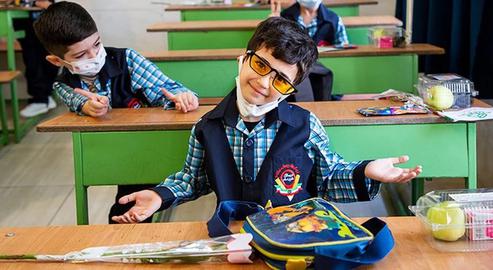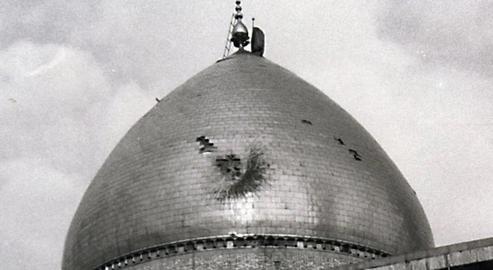The latest issue of Iranian quarterly Education featured a revealing study on Iranian high school students’ plans on completing their studies in two highly distinct parts of Iran. Entitled A Comparison of the Academic and Career Aspirations of Zahedan and Tehran Students, its findings suggested that students from more deprived parts of the country had lower expectations for the future than their counterparts in the capital.
The job aspirations of current school pupils can serve as a useful indicator on the status of the job market and economy, as well as real and perceived levels of inequality. Studies of young people’s future aspirations in the context of gender, socio-economic status and ethnic origin are few and far between in Iran, making this study something of a trailblazer.
The report tried to examine the roots of differences between students’ long-term educational and professional aspirations in the 11th grade. This age group was chosen because, in the authors’ words, this is around the time young people’s feelings about the future are thought to shift from “idealistic” to “reality”-driven. For the sake of a good comparison, the authors sought participants of a similar level of household income.
Across the board, the survey found that most students in both Tehran and Zahedan wanted to go to university or complete a higher education course. But the preferred field of study varied markedly between the two locations.
Those from Zahedan, capital of the poorer and under-developed border province of Sistan and Baluchistan, were much more likely to pursue university courses that led to clear future employment prospects such as medicine, engineering, law and management. Many of those in Tehran opted for the same, but the overall range was much more diverse: far more students in Tehran planned to pursue the arts, including theater, music and dance.
Away from higher education, more students in Zahedan said they planned to look for jobs that would reap immediate material benefits. A full 19.3 percent of respondents said they wanted to join the Armed Forces. Smaller numbers said they were considering going into military service first, or undergoing teacher training. The authors noted: “Given the provincial quotas for these job types, it would be much easier to secure these than other roles that require [higher] education.”
Many young people in Zahedan also expressed an interest in going into patient-facing roles in hospitals, or seeking employment with the government. The most common reason they cited was their own “personal and daily experience” and the dominant intellectual atmosphere in Sistan and Baluchistan.
Tehran students were more likely to lean toward vocations with less obvious financial reward: writing, directing and cinema, for example, or pursuing a political career. The nature of the jobs being sought, the authors concluded, showed the comparatively “high level” of aspiration among pupils in Tehran, compared to the “low ceiling” set for youngsters in Zahedan.
Related coverage:
Poverty in Iran: Sistan and Baluchistan
Why Baluchis are Facing Death to Escape Poverty
Plumbers, Hairdressers and Electricians Join the Long List of People Leaving Iran
Fact Check: Does Iran Suffer From a Brain Drain and How Serious Is It?
Top University VP: Graduates in Iran Most Likely to be Unemployed
Iran's Western Provinces Ranked Most 'Miserable' in the Country
Poverty in Iran: An Introduction
Number Crunching: The Truth Behind Iran's 'Single-Digit' Unemployment Rate
visit the accountability section
In this section of Iran Wire, you can contact the officials and launch your campaign for various problems

























comments